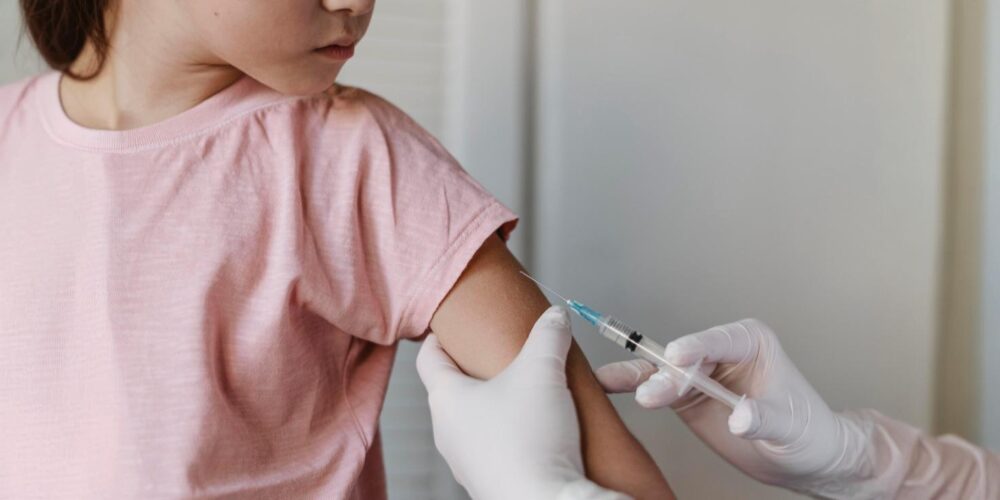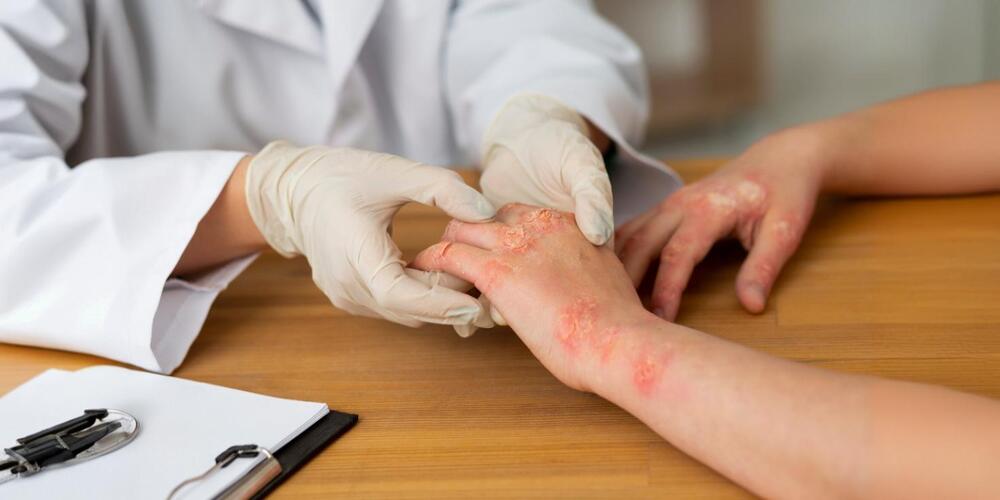A new WHO report shows the rate of condom use has decreased from 70% to 61% for boys and from 63% to 57% for girls between 2014 and 2022
Condom use among European teens has dropped sharply in recent years, a trend that the World Health Organization (WHO) has described as alarming.
A new report from the WHO Regional Office for Europe highlights that the rate of condom use has fallen from 70 percent to 61 percent for boys and from 63 percent to 57 percent for girls between 2014 and 2022.
The data, published as part of the multi-part Health Behaviour in School-aged Children (HBSC) study, surveyed over 2,42,000 teenagers aged 15 across 42 countries and regions.
Almost a third of the adolescents reported using neither a condom nor contraceptive pill at last sexual intercourse, a figure that has barely changed since 2018, the report notes.
It says adolescents from low-affluence families were more likely to report not using a condom or the contraceptive pill at last intercourse (33 percent) than their peers from more affluent families (25 percent).
The report shows that contraceptive pill use during last sexual intercourse remained relatively stable during the study period, with 26 percent of 15-year-olds reporting that they or their partners used the contraceptive pill at their last intercourse.
The data makes it clear that the decrease in condom use is pervasive, spanning multiple countries and regions, with some experiencing more dramatic reductions than others.
The report underlines the urgent need for targeted interventions to address the trend and promote safer sexual practices among young people.
“While the report’s findings are dismaying, they are not surprising,” says Dr Hans Henri P. Kluge, WHO Regional Director for Europe.
“Age-appropriate comprehensive sexuality education remains neglected in many countries, and where it is available, it has increasingly come under attack in recent years on the false premise that it encourages sexual behaviour, when the truth is that equipping young persons with the right knowledge at the right time leads to optimal health outcomes linked to responsible behaviour and choices,” he explains.
Dr Kluge warns of “worse to come, unless governments, health authorities, the education sector and other essential stakeholders recognize the root causes of the current situation and take steps to rectify it.”
Read More : India commits US$ 85m to WHO for strengthening traditional medicine research















